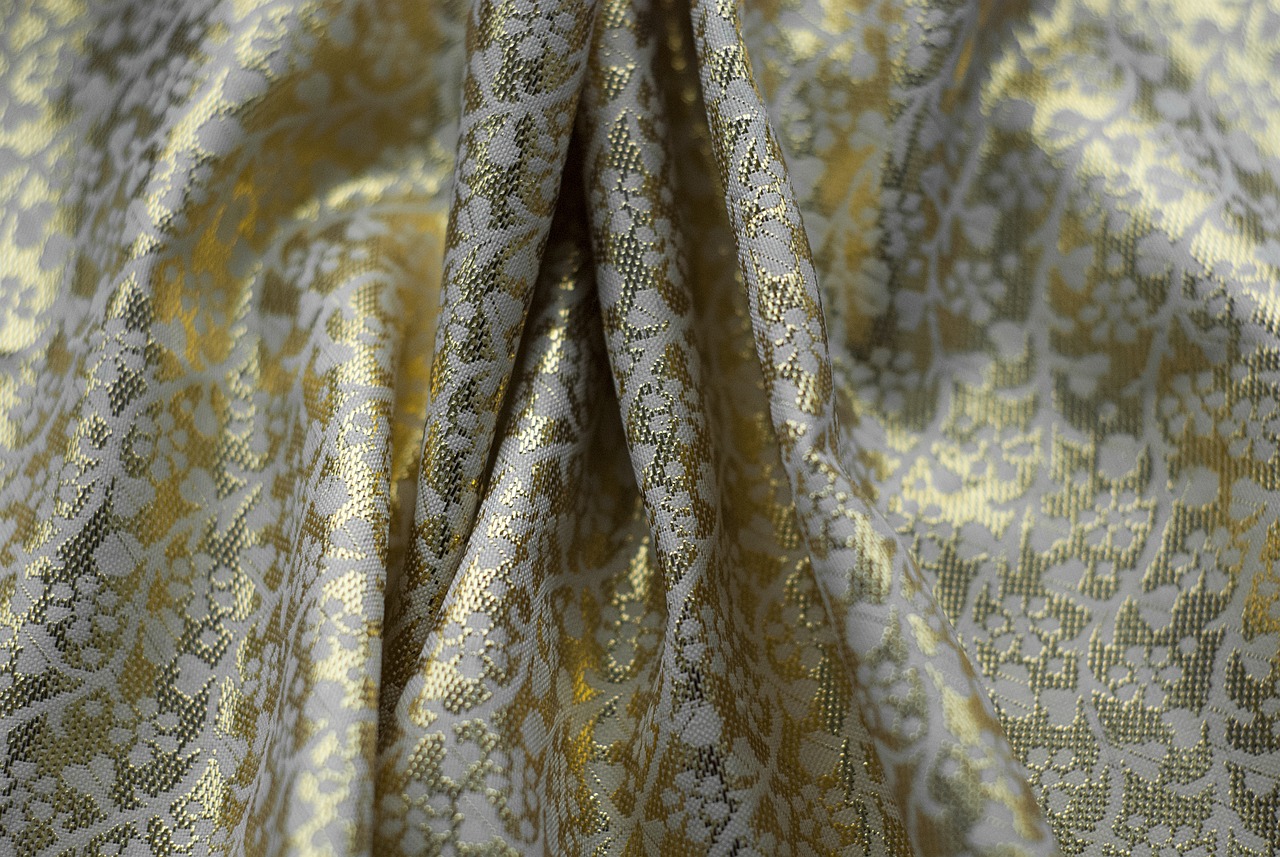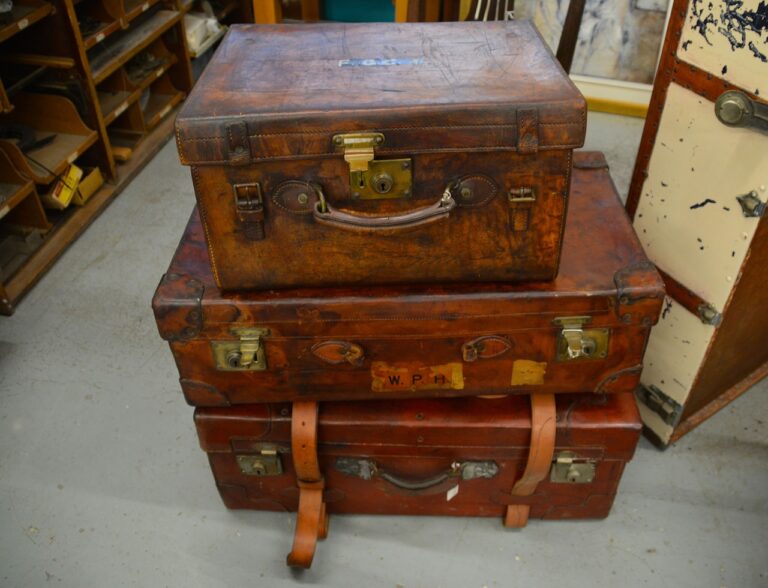Pattern Making for Sustainable Ethnic Fashion: Ethical Sourcing and Production: All panel login, Mahadev book online, Get cricket id
all panel login, mahadev book online, get cricket id: Pattern Making for Sustainable Ethnic Fashion: Ethical Sourcing and Production
Ethnic fashion is not just about clothing; it is about embracing cultural identity, tradition, and heritage. In recent years, there has been a growing demand for sustainable and ethically sourced ethnic fashion, as consumers are becoming more conscious about the environmental and social impact of their clothing choices. Pattern making plays a crucial role in the production of sustainable ethnic fashion, ensuring that garments are not only beautiful and culturally significant but also environmentally friendly and socially responsible.
Ethical Sourcing
Ethical sourcing is the practice of ensuring that materials used in the production of clothing are sourced responsibly, with consideration for the environment and social welfare. When it comes to ethnic fashion, this means using traditional textiles and craftsmanship that support local communities and preserve cultural heritage. Ethical sourcing also involves fair trade practices, ensuring that artisans and workers are paid fairly for their labor.
Production
In sustainable ethnic fashion production, every step of the process matters, from design to pattern making to manufacturing. Pattern making is the foundation of garment construction, determining the fit, shape, and overall look of the final product. By using sustainable materials and techniques, such as upcycling fabrics or using eco-friendly dyes, pattern makers can contribute to the overall sustainability of the fashion industry.
Cultural Preservation
One of the key benefits of sustainable ethnic fashion is its role in cultural preservation. By incorporating traditional patterns, motifs, and techniques into modern designs, designers can help keep cultural traditions alive and relevant. Pattern makers play a vital role in this process, ensuring that traditional garments are faithfully recreated and adapted for contemporary audiences.
Collaboration with Artisans
Collaborating with local artisans is essential for creating authentic and sustainable ethnic fashion. By working closely with artisans, designers and pattern makers can learn about traditional techniques and materials, ensuring that their designs are culturally sensitive and respectful. This collaboration also helps support local communities and preserve traditional craftsmanship.
Quality Control
Quality control is crucial in sustainable ethnic fashion production to ensure that garments meet ethical and environmental standards. Pattern makers play a critical role in this process, ensuring that patterns are precise and consistent, resulting in well-made garments that last longer. By maintaining high quality standards, designers can create clothing that is not only beautiful but also sustainable.
Innovation and Creativity
Sustainable ethnic fashion is not about sacrificing style for sustainability. In fact, the two can go hand in hand, with innovative and creative approaches to design and pattern making. By experimenting with new materials, techniques, and patterns, designers can push the boundaries of sustainable fashion, creating unique and exciting garments that are both ethical and fashionable.
FAQs
Q: How can I ensure that the ethnic fashion I purchase is sustainable?
A: Look for brands that prioritize ethical sourcing, transparency in their production process, and use of sustainable materials. Research their practices and certifications before making a purchase.
Q: What role do consumers play in promoting sustainable ethnic fashion?
A: Consumers have the power to drive change in the fashion industry by demanding transparency, sustainability, and ethical practices from brands. By supporting sustainable brands and making informed purchasing decisions, consumers can help promote a more responsible fashion industry.
Q: How can I support local artisans and traditional craftsmanship?
A: Look for brands that collaborate with artisans and support traditional craftsmanship. By purchasing products that are ethically made and culturally sensitive, you can help preserve traditional skills and support local communities.
In conclusion, pattern making is a crucial aspect of sustainable ethnic fashion, ensuring that garments are not only beautiful and culturally significant but also ethical and environmentally friendly. By prioritizing ethical sourcing, collaborating with artisans, maintaining quality control, and embracing innovation, designers and pattern makers can create stunning garments that celebrate cultural heritage while also promoting sustainability. By supporting sustainable ethnic fashion, consumers can play a role in building a more ethical and conscious fashion industry.







